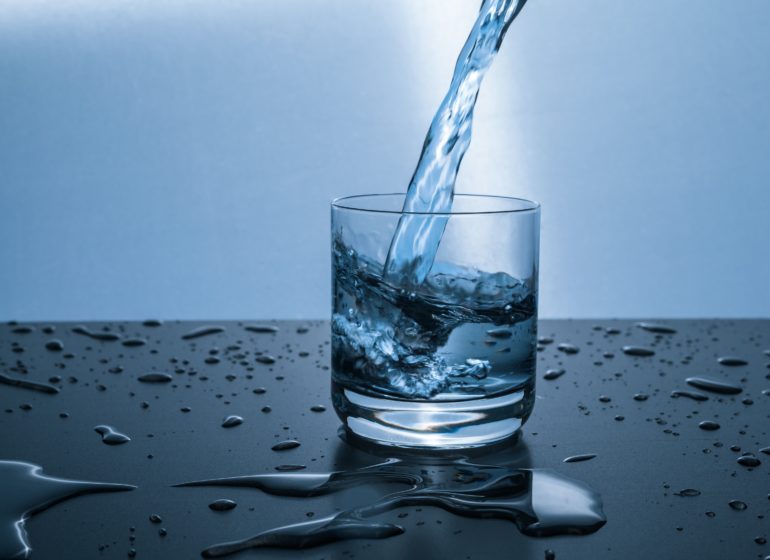One of the classic pieces of health advice you are likely to get from your doctor, and maybe even friends and family, is that you should be drinking more water. And there is a good reason that this advice is so common – it’s a good tip! Consistently drinking enough water is a great way to help your body function as it should.
So, you should just drink water all day, every day, right? Not so fast. While drinking enough water is important, you don’t want to go too far. Everything can be harmful in the wrong quantity, even something as healthy as water. So, striking a good balance between getting enough water and not overdoing it should be your goal. Fortunately, by keeping a few basic tips in mind, getting the right amount of water is pretty simple.
Why Do We Need Water?
The human body’s need for water is fairly obvious, since around 60% of your body is made up of water. And, as you are frequently losing that water through both urination and sweat, you need to replace what you lose to keep your body functioning nicely. If you don’t put water back in, your body will quickly run into serious health problems.
It is easy to take for granted in the modern world, as most of us in the United States are lucky enough to have water readily available, but human beings can only live a few days in most cases without water. If you stop drinking water entirely, your body is likely to shut down in less than a week. You can live much longer than that without food, but a lack of water is an immediate emergency. The fact that going without water can be deadly so quickly should highlight the importance of staying hydrated on a day to day basis.
A Good Starting Point
Every human being is unique, so no one number is going to be the perfect amount of water for every person. However, as a basic starting point, you can look to 64 ounces of daily water as a nice rule of thumb. This is commonly referred to as the 8 x 8 rule – that’s eight glasses of water a day, with each glass containing eight ounces. That level of consumption will get you to the total of 64 ounces, and if you spread them out over the course of the day, it won’t even feel like much of a chore.
It does need to be said that this rule of thumb should not be taken as the final word on water consumption. Importantly, conditions and activities need to be carefully monitored when determining how much water should be consumed. For instance, if you are staying inside all day in a climate-controlled environment, and you aren’t being physically active, the 64-ounce mark should be plenty to keep you hydrated and feeling good.
However, if you are going to be outside in the hot sun all day performing some kind of physical activity, 64 ounces might not be close to enough. In that situation, you’ll need to pay close attention to drinking enough water to replace what is being lost through sweat. Dehydration can happen fast when being active in the outdoors, especially in warm weather. Pay close attention to what you are doing for the day, the weather conditions, and any other circumstances before deciding how much water you need to drink.
Signs of Trouble
Ideally, you will keep your body supplied with enough water than dehydration will not become a problem. However, it’s relatively common for people to fall a bit behind on their water consumption, especially in the summer. The signs below may indicate that your body has become dehydrated –
- The development of a headache can be traced to many different potential causes, and dehydration is one of them.
- Impaired mood. Do you find that your mood goes downhill after a long, active day? You may not be drinking enough water.
- Decline in physical performance. If you are participating in a physical activity such as a sport, your performance is likely to drop off as you become dehydrated. For instance, you might not run as fast when you are dehydrated, or your coordination may drop off slightly. It’s particularly important for athletes to keep up with hydration during any kind of practice or competition.
- Inability to concentrate. Having a hard time keeping your mind on the task at hand? Dehydration is one possible explanation.
Some of the signs of dehydration are rather mild and not too serious – but make no mistake, dehydration is a very serious medical issue. If allowed to go too far, extremely dangerous medical events can result from dehydration, and death is a possibility. Staying on top of your hydration needs is one of the best things you can do for your ongoing health.
Contact Us Today
If you are looking for a cardiologist in Southern California, please consider Beverly Hills Cardiovascular. Dr. David Filsoof and his staff offer many different services, including stress echocardiography, nuclear stress test, cardioversion, and much more. Whether you have questions about our practice or you would like to make an appointment, please feel free to contact us during business hours. Thank you for visiting!
